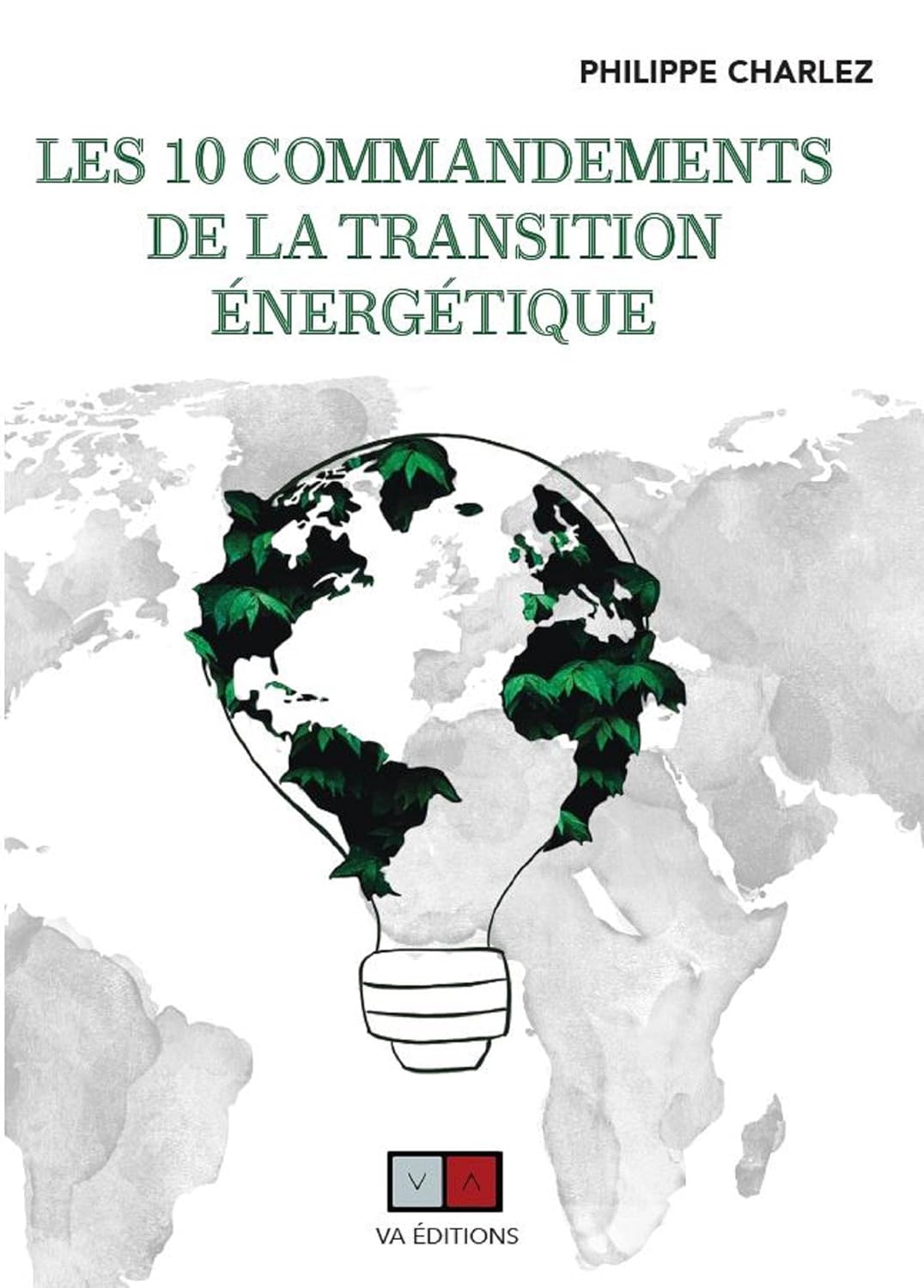Is the energy transition sustainable ?
Since COP21, GHG emissions have continued to increase, particularly in emerging countries whose development remains a priority. The same applies to the share of fossil fuels which has only decreased very slightly in the global mix. These figures leave very little hope of meeting the 1.5% objective written in the Paris Agreement.
For its part, the European Union has committed to reducing its emissions by 55% by 2030 in order to achieve carbon neutrality in 2050. Is the objective realistic and, above all, sustainable? Given its cost, this Green Deal will significantly increase debt, taxation and the trade balance deficit. It will not be without consequences on the lives of Europeans. Furthermore, by imposing a uniform reduction from 1990, it is particularly unfavorable to France, whose energy mix is structurally much more low-carbon than that of its neighbors.
Despite these efforts, the Green Deal will only contribute marginally to the fight against global warming. Given the demographic weight of emerging countries, without equivalent effort on their part, decarbonization will remain a dead letter.
Are Europeans ready to adhere to these objectives? Will this acceleration really encourage emerging countries to follow us? Housing, transport, industry which sectors should be decarbonized as a priority? Whiche free carbon energy mix will be able to satisfy the strong increase in electricity ?
Under the supervision of Philippe Charlez Director of the “Energy, Climate” Observatory, the Sapiens Institute looks at the progress of these two major projects, identifies inconsistencies and proposes, in anticipation of the European elections of June 2024, corrective actions to relieve the effort of citizens while reindustrializing and guaranteeing our energy security.
Intended for political decision-makers and industrialists, it also aims to enlighten ordinary citizens on the major economic, societal and environmental issues relating to global warming and the energy transition.
Full text available online on Amazon.fr at the price of €10
Summary for decision-makers available online at www.institutsapiens.fr
 Philippe Charlez
Philippe Charlez
